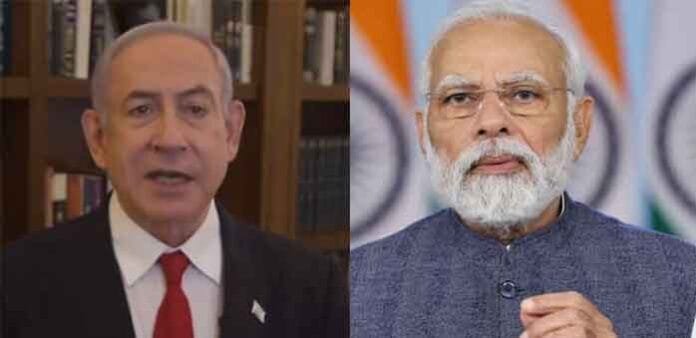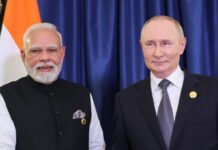INVC NEWS
Beirut, Lebanon — The recent escalation of conflict in southern Lebanon, particularly the violence involving UN peacekeepers, has drawn significant international attention. Amidst this turmoil, India has positioned itself firmly against Israeli actions that threaten the safety of UN peacekeeping forces, particularly those deployed under the United Nations Interim Force in Lebanon (UNIFIL). This stance marks a notable moment in India’s diplomatic relations, showcasing its commitment to global peace and security.
The Joint Statement Against Israeli Attacks
During a critical meeting, 34 countries contributing to UNIFIL condemned the Israeli attacks on peacekeepers. Although India was not initially listed among these nations, it quickly voiced its solidarity with the joint statement. India’s mission to the United Nations affirmed its support, emphasizing that the protection of peacekeepers is paramount and should align with existing UN Security Council resolutions.
India’s Historical Position on International Conflicts
India has a longstanding tradition of advocating for peace and stability in conflict zones. Its engagement in peacekeeping missions globally reflects its commitment to international cooperation and humanitarian efforts. By opposing Israel’s actions in Lebanon, India underscores its position as a responsible global player that prioritizes the safety of vulnerable populations, including peacekeepers working to maintain order in volatile regions.
The Role of UN Peacekeepers
UNIFIL was established to monitor the ceasefire between Israel and Lebanon and ensure that hostilities do not escalate. The peacekeepers serve as a buffer, preventing conflict between Israeli forces and militant groups like Hezbollah. However, with recent attacks leading to injuries among peacekeepers, the effectiveness and safety of this mission have come under scrutiny.
India’s Position and Its Implications
By aligning itself with countries condemning Israel’s actions, India aims to reinforce its diplomatic ties with other nations and project itself as a leader in promoting peace. This move also reflects India’s response to changing geopolitical dynamics, where it seeks to balance its relationships with Western allies and other nations in the global South.
U.S. Involvement and Global Reactions
In the wake of these events, the United States has urged Israel to refrain from targeting UN peacekeepers. President Joe Biden’s appeal indicates a recognition of the broader implications of such violence, which could destabilize the already fragile situation in Lebanon. Countries like France, Italy, and Spain have also condemned Israel’s actions, reflecting a growing international consensus on the need to protect UN personnel.
India’s opposition to Israel’s actions in Lebanon highlights its commitment to international peacekeeping efforts and the protection of vulnerable populations. As tensions continue to rise in the region, it is crucial for the international community to prioritize diplomatic solutions that uphold the safety of peacekeepers and support stability in Lebanon. India’s stance not only reinforces its role as a responsible global actor but also sets the stage for deeper engagement with nations committed to peace and security.
















